Importance of Communication in Search and Rescue
In the vast expanse of the open sea, where unpredictability is the norm, effective communication plays a pivotal role in search and rescue operations. Whether responding to distress calls, coordinating efforts, or ensuring the safety of those in peril, communication is the linchpin of successful search and rescue missions.
How Marine Radios Aid in Distress Calls
Marine radios serve as the primary means for vessels to send distress signals in emergency situations. Distress calls, often initiated using Digital Selective Calling (DSC) features, transmit crucial information, including vessel identification, location, and the nature of the emergency. This rapid and standardized method of communication ensures that distress signals are swiftly and accurately received by nearby vessels and maritime authorities, initiating the necessary response mechanisms.
Coordination with Emergency Responders
Effective coordination with emergency responders is paramount in search and rescue operations. Marine radios enable real-time communication between distressed vessels and response teams, facilitating the exchange of critical information. Emergency responders can provide guidance, coordinate rescue efforts, and convey vital instructions to ensure the safety of those in distress.
Range and Reliability of Marine Radios
The range and reliability of marine radios are critical factors in search and rescue operations. Very High-Frequency (VHF) radios, commonly used in the maritime industry, offer a balance between sufficient range and clarity for distress communication. The line-of-sight nature of VHF signals is advantageous in coastal and near-shore environments, where search and rescue operations often occur.
Advancements in Radio Technology
Advancements in radio technology have significantly enhanced the capabilities of marine radios in search and rescue scenarios. Global Maritime Distress and Safety System (GMDSS) advancements integrate satellite communication, providing global coverage and ensuring that distress signals reach emergency responders even in remote or international waters. Additionally, innovations like Automatic Identification System (AIS) further enhance vessel tracking, aiding in the quick location and response to distress situations.
Training Requirements for Effective Radio Use
While technology plays a crucial role, the effectiveness of marine radios in search and rescue operations also depends on the competence of the users. Proper training is essential to ensure that operators understand radio protocols, emergency procedures, and the use of advanced features like DSC. Training programs focus on enhancing the proficiency of maritime professionals in utilizing radio equipment effectively during critical situations.
Conclusion: Marine Radios Crucial for Saving Lives
In conclusion, the role of marine radios in search and rescue operations cannot be overstated. The importance of communication in distress situations, coupled with the capabilities of marine radios to aid in distress calls, coordinate with emergency responders, and provide reliable communication, underscores their crucial role in saving lives at sea. The range and advancements in technology further expand the reach and effectiveness of marine radios in diverse maritime environments.
While the technological capabilities continue to evolve, emphasizing the need for ongoing training to enhance operator competence remains paramount. As vessels traverse the open waters, facing the inherent risks of the maritime environment, the reliability and efficiency of marine radios stand as a beacon of hope in times of distress. In the realm of search and rescue, where every moment counts, marine radios emerge as indispensable tools, embodying the commitment to safety, communication, and the preservation of human life on the high seas.

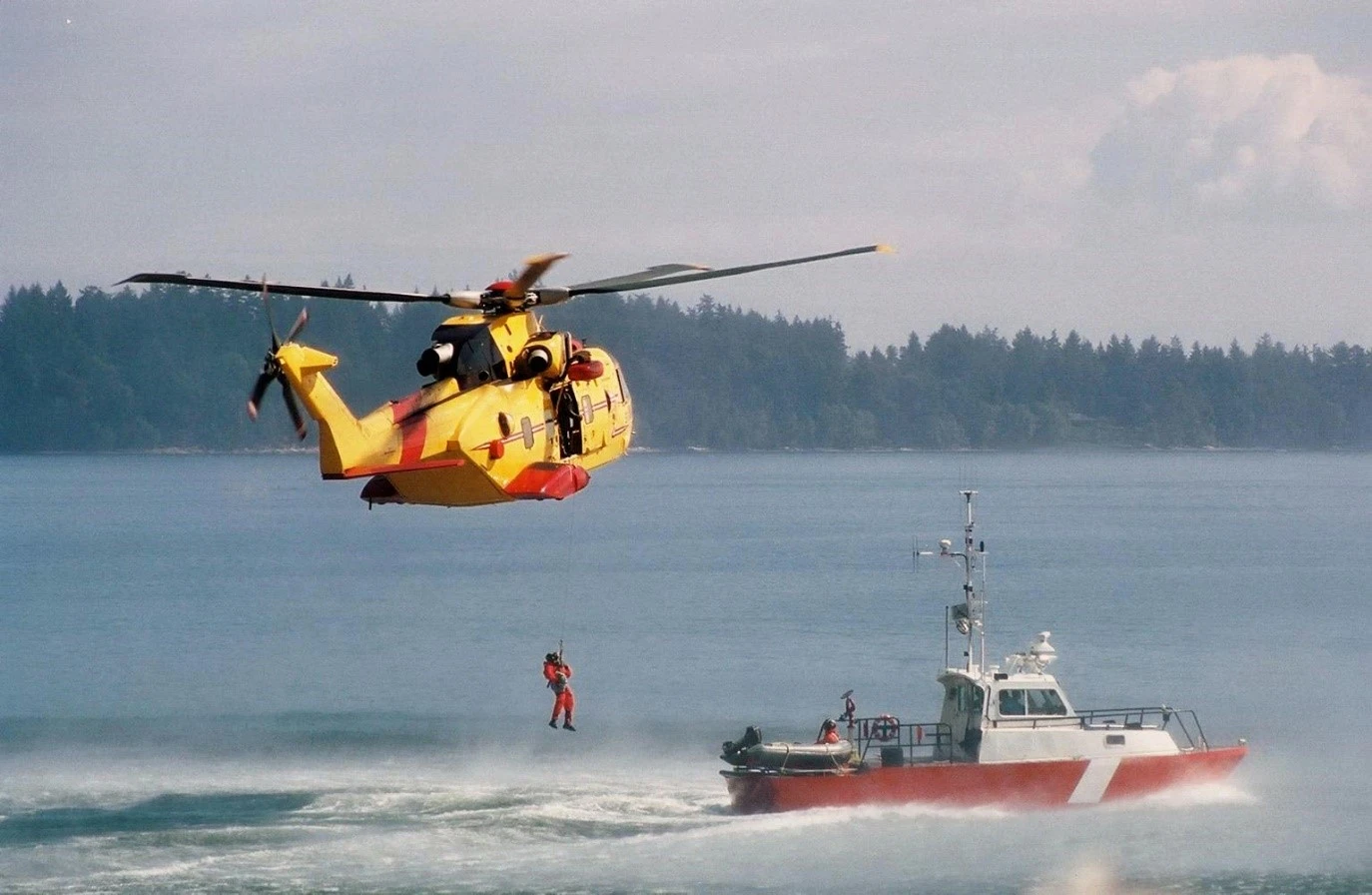

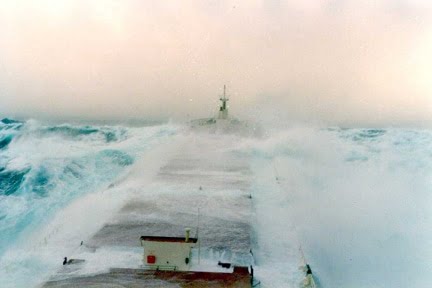
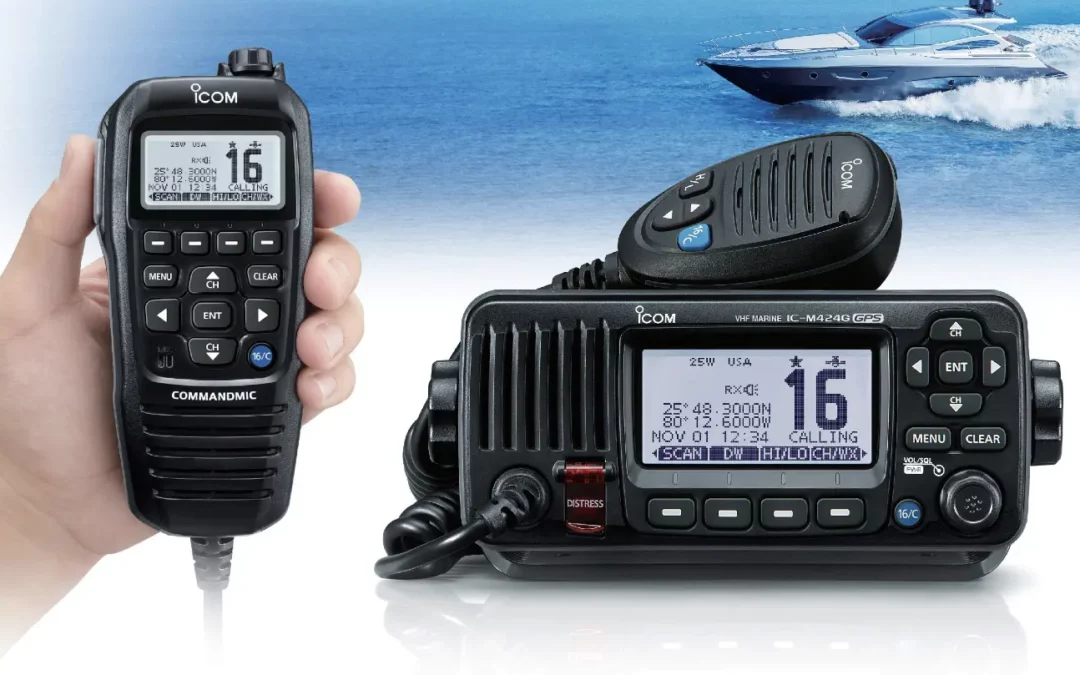

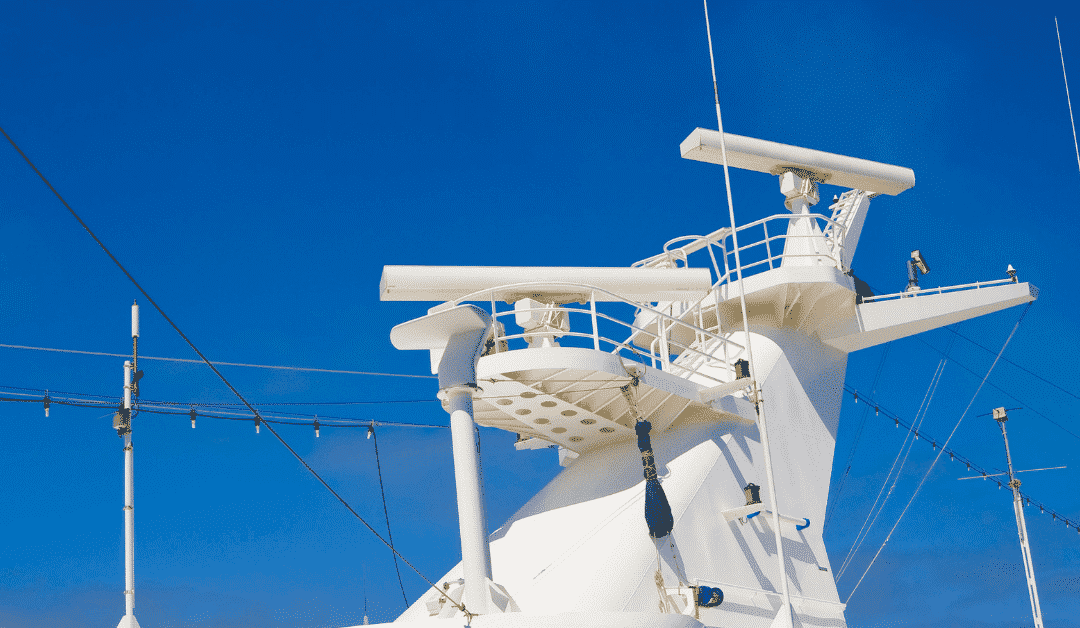
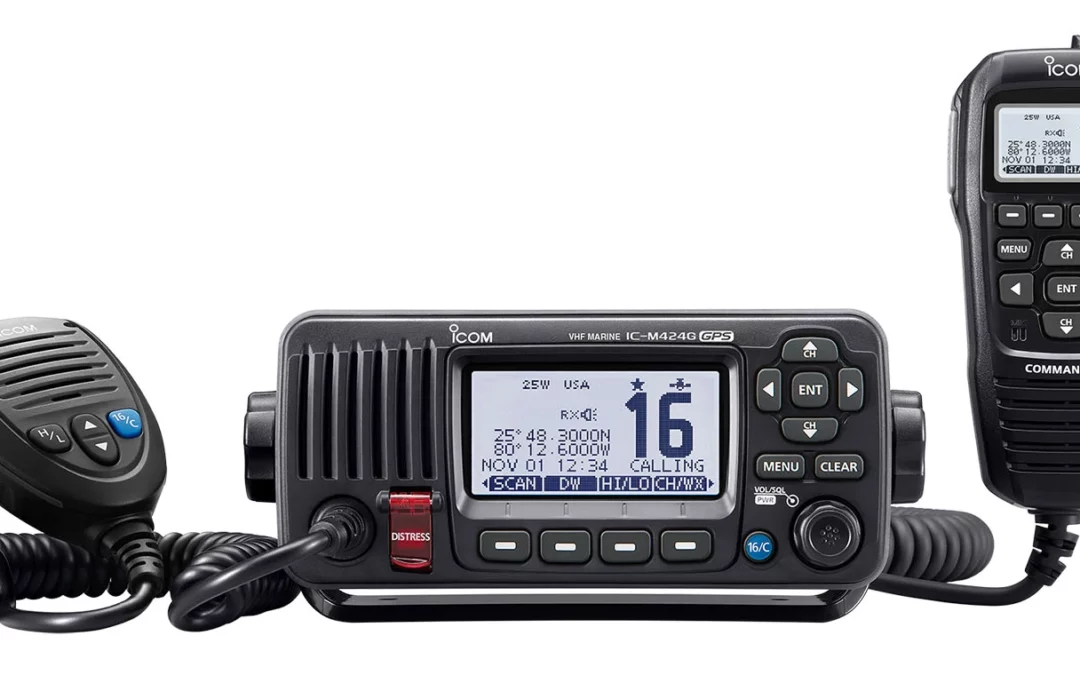
0 Comments